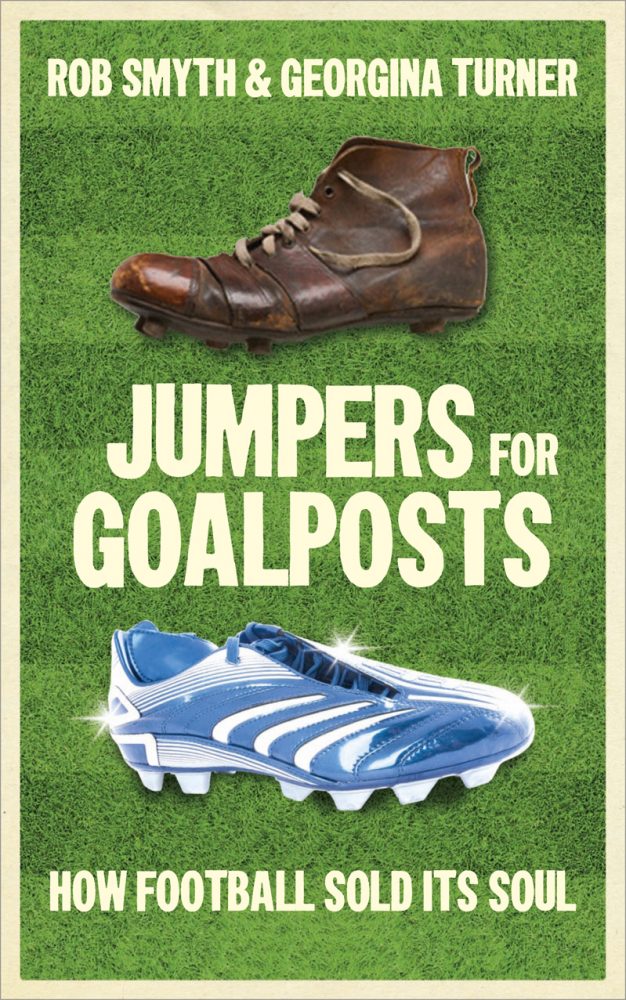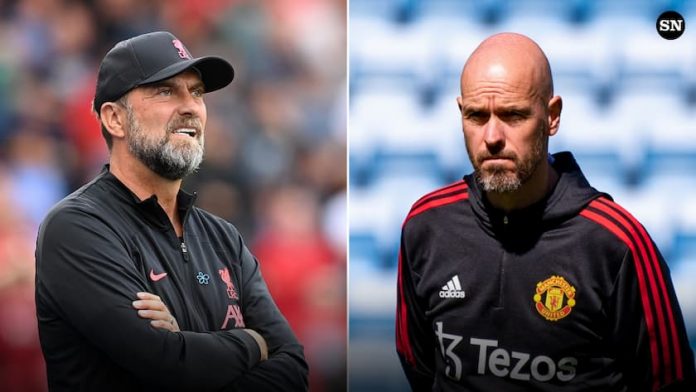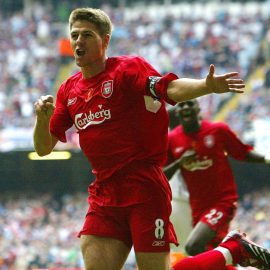Jumpers for Goalposts: How Football Sold Its Soul
by Rob Smyth and Georgina Turner
Published 1st December, £11.99 paperback original, Elliott & Thompson
Jumpers for Goalposts is a fascinating and funny reflection on why football has changed so much since the inception of the English Premier League in 1992, and why the old descriptions of “the beautiful game” and “the people’s game” no longer fit. An engaging study of how football has sold its soul – and, perhaps more importantly, whether it can get it back.
Smyth & Turner look at all the things that have stripped the charm and innocence from football, a list that includes grotesque wages and transfer fees, diving, 4-5-1, TV overkill, political correctness – and the lack of decent moustaches.
Here’s an extract from this excellent book:
FA Cup’s Demise
Few developments in modern football have provoked such undiluted sadness as the demise of the FA Cup. If the spirit of English football could be encapsulated in one thing, it would be the FA Cup: a chance for anyone in the pyramid to have a go and see how fate was feeling. It mattered.
‘The FA Cup final is the greatest single match outside the World Cup final,’ Sir Bobby Robson once said, and time was you’d have been hard pushed to argue. In recent years, however, the FA Cup has lost so much of its lustre that it’s almost impossible to see how it can regain its former status.
In truth, the FA hasn’t always helped matters, increasingly happy for its showpiece to defer to questionable demands. The decision to allow Tottenham and Arsenal to play their 1991 FA Cup semi-final at Wembley was taken because it was felt that no neutral venue could properly accommodate the tie, but it stripped the final of its unique glamour.
In the following years the FA appeared to wrestle with its conscience, playing both semi-finals at Wembley in 1993 (the north London sides met again) and 1994, before switching back to neutral grounds – except for the 2000 semi-finals, which went back to the soon-to-be-demolished Wembley. Once the new stadium was under construction and over budget, the FA announced that all semi-finals would be held there once it was open; once-in-a-lifetime trips don’t pay the bills.
The FA has so far shown itself to be immune to supporters’ distaste at the watering down of a Wembley awayday (or the lunacy of forcing four teams down to London from the north, as happened in 2011), but it can be incredibly obliging, allowing Arsenal to play their UEFA Champions League ‘home’ games at Wembley in 1998 and 1999 so that UEFA’s oversized advertising hoardings didn’t eat into capacity (playing at Wembley virtually doubled it).
The cup itself suffered a symbolic blow in 1999/2000, when the FA pressured Manchester United into pulling out of the competition so that they could play, at the invitation of FIFA, in the inaugural World Club Championship in Brazil. The plan was to butter up Sepp and Co. while they were considering hosts for the 2006 World Cup, but this backfired spectacularly as Blatter later announced that the competition would have no impact on the bidding process. Germany, who didn’t send a team, got the gig.
This is an extract from Jumpers for Goalposts: How Football Sold Its Soul by Rob Smyth and Georgina Turner , published 1st December, £11.99 paperback original, Elliott & Thompson.
Add Sportslens to your Google News Feed!







